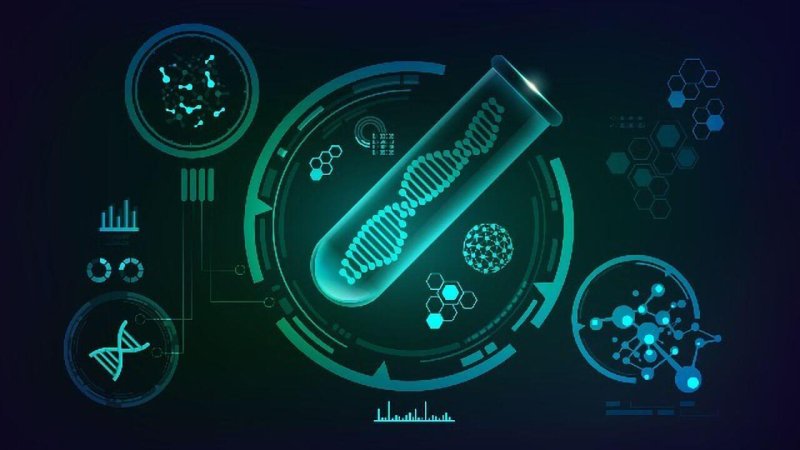The bioeconomy covers all sectors and systems that rely on biological resources (animals, plants, microorganisms, and derived biomass, including organic waste) as well as their functions and principles. It includes and interlinks economic and industrial sectors such as food, health, chemicals, materials, energy and services that use biological resources and processes.
It is anticipated that the world will face increased competition for limited and finite natural resources given a growing population, increasing pressure on our food and health systems, and climate change and associated environmental degradation decimating our primary production systems.
Synthetic biology is an emerging field which applies engineering principles to the design and modification of living systems, thus underpinning and accelerating technological advances with clear potential to provide impact at scale to the global economy. Manufacturers are turning towards this method to efficiently produce high performance, sustainable products.
A recent McKinsey report anticipates applications from this bio revolution could have a direct global impact of up to $4 trillion per year over the next 10-20 years, enabling production of 60% physical inputs to the global economy, and addressing 45% of the world’s current disease burden.































